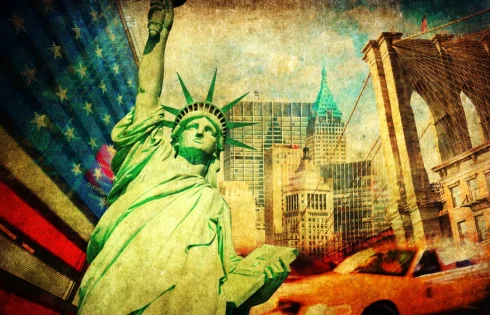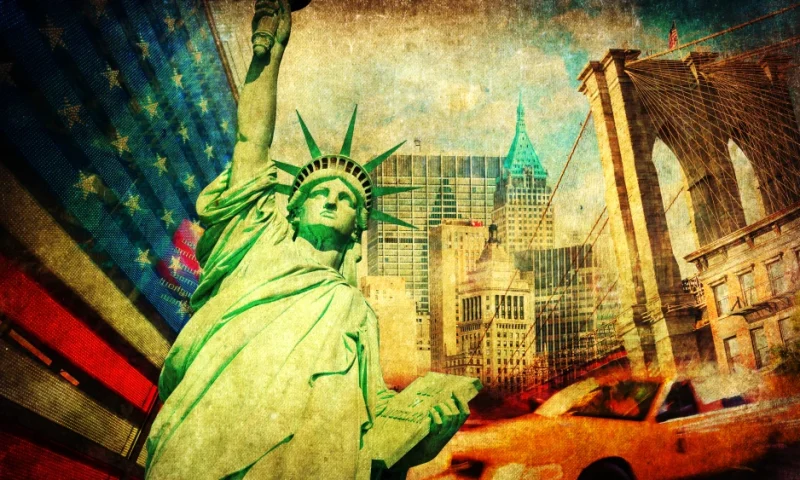
With tariffs pushing manufacturing home to the U.S., Pitchbook warns of reduced M&A activity and venture capital funding.
After the COVID-19 pandemic and a two-year market correction, biotech’s next era will be all about America-first to match protectionist trade policies and other policy shifts to accelerate homegrown manufacturing, Pitchbook said in a new report.
Pitchbook dubbed this period for biotech the “America-first resurgence.” This follows the COVID-19 pandemic boom and then a two-year market correction that saw market rationalization, valuation adjustments and the elimination of speculative ventures, Pitchbook explained.
“The biotech sector is shifting to capital-efficient, domestically focused models,” Pitchbook wrote. “AI integration and manufacturing innovation will determine market winners in this protectionist environment.”
As pharmas scramble to prepare for policy-based incentives to reshore operations—Johnson & Johnson, Eli Lilly, Merck and Novartis are investing billions in U.S.-based manufacturing—Pitchbook warned that M&A activity could be suppressed. That could lead to further constraints on biotech fundraising, as venture capital firms focus on the strongest possible deals.
The report puts a positive spin on a situation that is currently extremely painful for the industry. Companies are still laying off hundreds of employees, venture capital has slowed, and the tumultuous markets have pushed biotech stocks down precipitously. Pitchbook, however, says that there’s a path forward for companies that prioritize AI and manufacturing processes to streamline drug discovery and regulatory processes. The firm name-dropped Isomorphic Labs and Weave Bio as companies doing just that.
While much is yet unknown about the coming tariffs on the pharma industry, Pitchbook said that American-made pharmaceuticals will rise, while international licensing deals may face increased regulatory scrutiny amid the trade tensions.
“The government’s involvement can dramatically transform the landscape, as shown previously with Operation Warp Speed, a public-private partnership to facilitate the development of COVID-19 vaccines, to push for select innovation of national interests while pushing back others,” Pitchbook said.
Many biotechs are already manufacturing much of their products in the U.S. Moderna, for instance, has low exposure to the tariffs because its products are manufactured locally in Boston, according to Jefferies. CRISPR Therapeutics, which got a sickle cell gene therapy approved in 2023, makes its allogeneic CAR T cells in Framingham, Mass., CEO Samarth Kulkarni said on a recent analyst call. Still, the company is facing impacts just like the rest of the market.
“Pleased to say that we have almost no exposure to any of the effects directly as a company from the tariffs,” Kulkarni said. “But the effect, obviously, on the overall macro is a very different story.”
Pitchbook suggested that the value of early-stage fundraises could rise in an effort to mitigate future supply concerns from the get-go.
This biotech era also presents an opportunity for private equity to get in on companies in the manufacturing space, Pitchbook noted. Traditional drug development biotech is not typically a focus for private equity given the long timelines for revenue.
“Investment opportunities include modular, rapidly deployable manufacturing facilities adaptable across multiple modalities from small molecules to biologics and software-defined manufacturing systems offering rapid reconfiguration and flexibility, both poised for premium valuations amid reshoring trends,” Pitchbook said.

